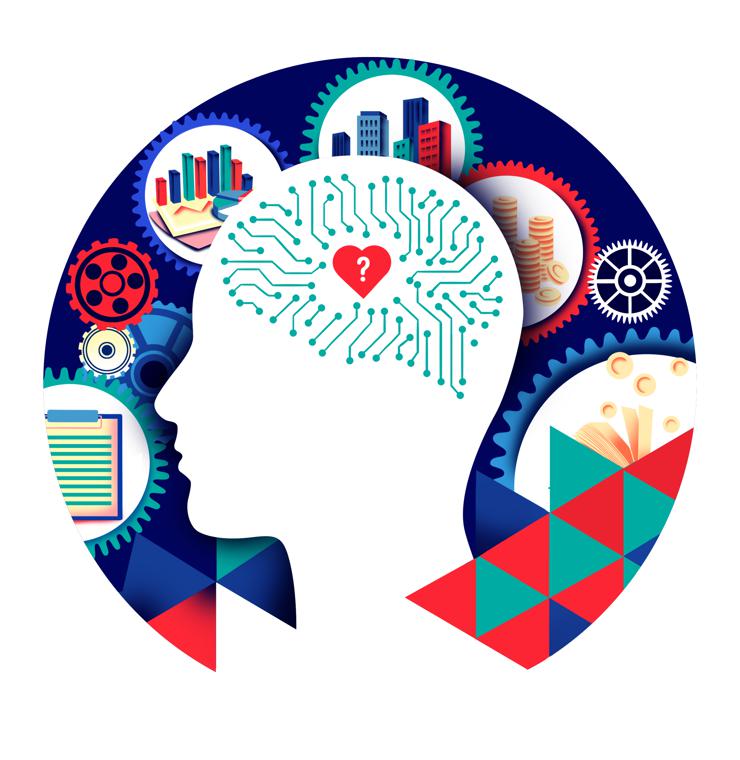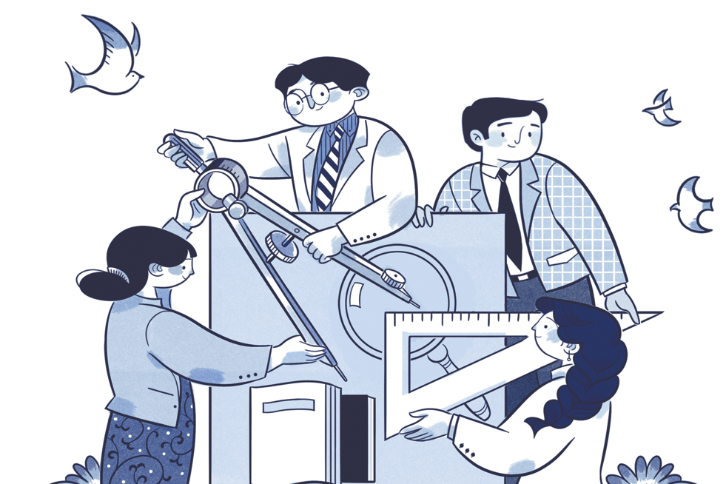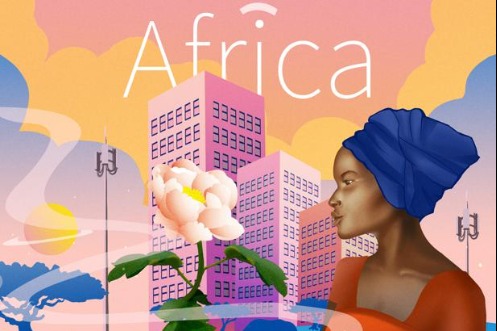Game changer, not panacea
Artificial intelligence is a transformative force but we need to be careful what genie we let out of the bottle


We hear a lot about artificial intelligence these days. Indeed, the perceived wisdom by people who know best about such matters is that it will influence almost every aspect of human activity in some way and affect us all in untold ways. It is driving emerging technologies with the utilization of big data and the internet of things and is often mentioned in the same breath as robotics and automation. We are told it will completely transform our lives and society. It is coming and it will increasingly determine how we interact with our fast-changing world.
However, are we prepared? Are we aware of the threats and dangers that AI may pose as well as the benefits it may bring? Are we right to fear it or to favor it? These are serious questions deserving serious thought. Indeed, such issues have been exercising the minds of philosophers, ethicists, politicians, scientists, technologists, the business community, even conspiracy theorists and of course the general public at varying levels of interest and engagement for years. The path forward is not clear and each nation is taking into consideration its own policies, focuses, capacity and interests in this domain, making control and regulation difficult, although the big players will prevail as they nearly always do.
In November 2021, the World Economic Forum set out six positive AI visions based on conversations with over 150 AI experts to explore and discuss the challenges that AI may pose for humanity. There was no consensus on what the future may bring or even on what time scales AI may outperform humans in every activity where it might compete. However, some positive outcomes were explored in terms of relieving mankind from mundane drudgery and dangerous activities, allowing the human spirit to soar and flourish. One interesting suggestion was that AI should not be allowed to drive excessive automation where nearly all things are done by AI robots and machines but developed along more human-centric lines. This would be in tandem with more flexible labor markets and the rising and more broadly shared economic prosperity that AI might enable. The risks posed by AI have also been intensely debated and range from the creation of deepfakes (already happening), job-losses (we get replaced), volatile markets (entire industries made obsolete overnight), automated weapons (terrifying, indiscriminate, lethal drones), loss of privacy (omnipresent facial recognition CCTVs) and under-appreciated human creativity, among others.
Whatever the level of current debate for and against AI, its unfettered progress continues. China is seen by many as being at the forefront of this coming AI revolution. Indeed, it was reported by Nikkei Asia in August 2021 that China exceeded the United States for the first time in the number of academic articles on AI cited by other researchers in 2020. Clearly great strides are being made but to what end?
In popular culture, AI is sometimes portrayed negatively in movies such as The Terminator and The Matrix. These movie franchises depict humans becoming slaves to or being hunted to extinction by powerful AI machines. The counterpoint was the 2001 movie A.I. by Steven Spielberg that provided a much more benign portrayal of AI but still leaving it wanting.
AI can be manipulated to generate malign conspiracy theory nonsense; it can also provide complete direction for our lives if we let it. Human societies are not determined on clear-cut standards of true or false, or black and white, but also according to shades of gray and nuance, flexibility and being adaptable-the oil in the machine to keep things ticking over-the fuzziness in life that avoids conflict, the application of common sense and the irreplaceable human wisdom to navigate between individual eccentricities to bring about harmony. So, despite its labor-saving possibilities, leaving everything to AI is not for me. Societies and governments should steer clear of a blanket adaptation of AI and remain ever vigilant of AI's inherent risks.
There is a clear need for global and enforceable standards and regulation that have the power to intervene where necessary and protect societies everywhere. These need to come in sooner rather than later.
What if it all goes wrong?
If true AI does eventually emerge that can access the IoT, what might that even mean? What makes us human is our ability to empathize, to exercise compassion and mercy, to tolerate faults, to love, to create, to imagine, but also to fight and be cruel and uncaring. None of this may apply to AI in pure form unless we try to build it in. But even if we do, the superior machine-intelligence may still dispense with such human "qualities". If full AI evaluates the state of our planet today, what would it think? What extreme "solutions" might it recommend in the face of our population explosion, poverty, inequality, war, famine, pandemics and massive climate change threatening the future of us all. It is entirely possible that the AI "solution "might seem worse to us than the problems it attempts to resolve, given that AI may lack the imperfect human qualities that are difficult to quantify. I would urge restraint when it comes to our adaptation of AI and be careful what we wish for. We might not like what AI might do if it had the power (that we gave it) to intervene in human affairs.
The author is a professor of the Faculty of Science and director of the Laboratory for Space Research at the University of Hong Kong. The author contributed this article to China Watch, a think tank powered by China Daily. The views do not necessarily reflect those of China Daily.
Contact the editor at editor@chinawatch.cn


































